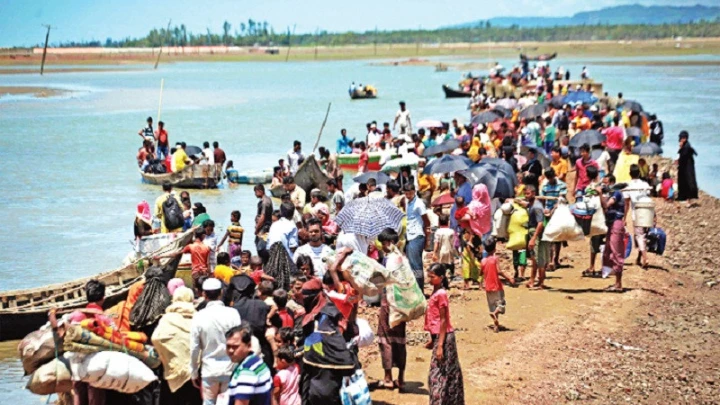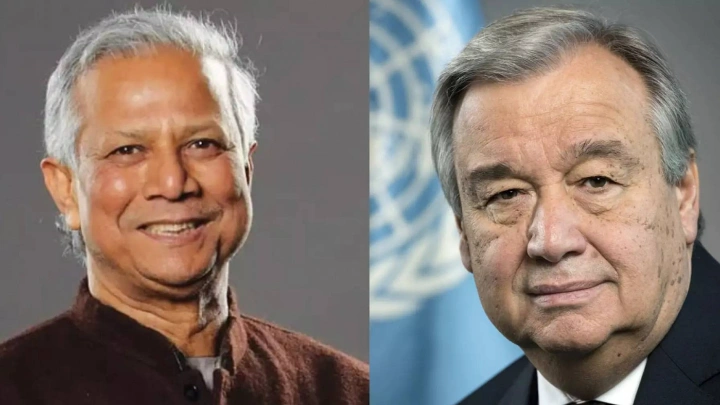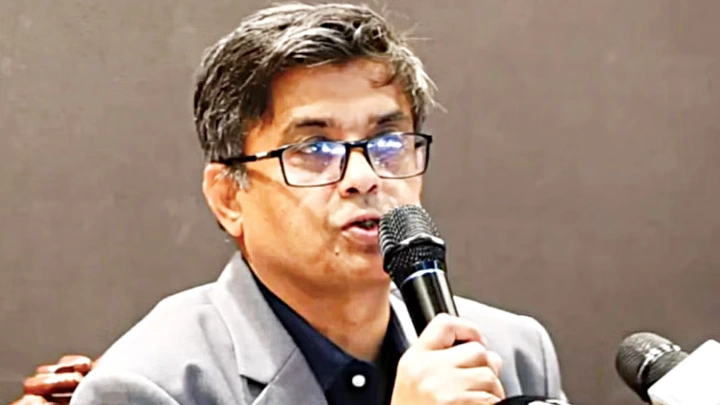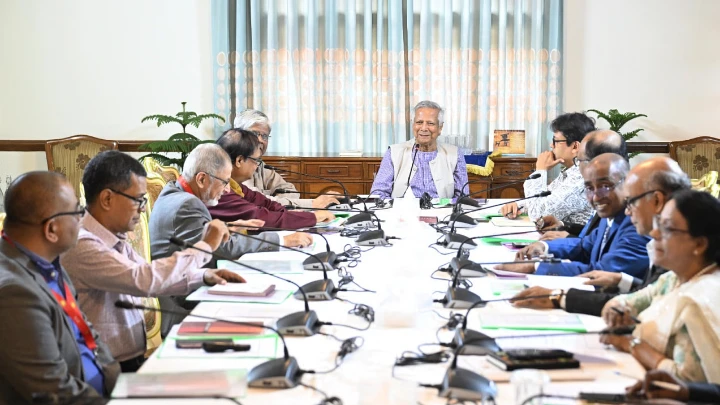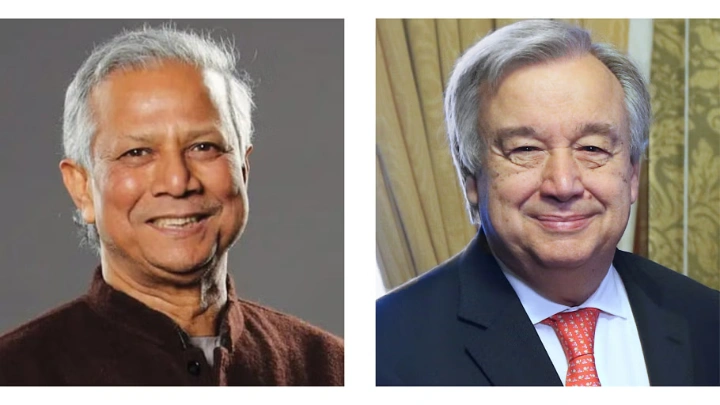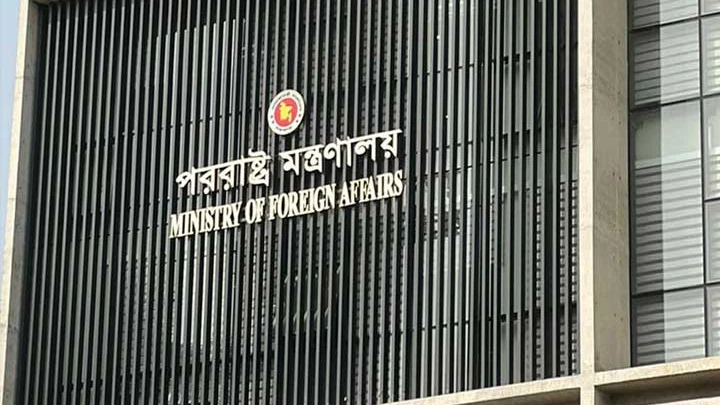Experts for creative diplomacy to tackle Rohingya influx
DailySun || Shining BD
Former diplomats, academics and security experts have advised the government to adopt a more creative approach in addressing the escalating crisis in Myanmar, and to exert further pressure to prevent additional Rohingya people from being pushed towards the Bangladeshi border.
Their observations come in the wake of an estimated 18,000-20,000 Rohingya entering Bangladesh in recent days, with a further 60,000-65,000 reportedly waiting at the border amidst renewed conflict between the Arakan Army and state forces in Myanmar.
Former Ambassador Humayun Kabir emphasised the need for innovative solutions to stem the new influx of Rohingyas.
“Chief Adviser Prof Muhammad Yunus is certain to raise the issue at the upcoming United Nations General Assembly (UNGA), urging his international counterparts to pay closer attention. We have exhausted the conventional diplomatic avenues without success, so we now need to explore new forms of diplomacy,” he told the Daily Sun.
Humayun Kabir, who is also president of the Bangladesh Enterprise Institute (BEI), suggested that Bangladesh could send humanitarian aid to the Rohingyas at the border via international voluntary organisations operating within Myanmar.
He noted that Bangladesh has historically been less attentive to its relationship with Myanmar compared to India, resulting in less focus on Myanmar during the early stages of the latest unrest.
“The future of our economy and communications will rely increasingly on Southeast Asian countries, so we must now prioritise our relationships with them,” he added.
Professor Shahab Enam Khan, from the Department of International Relations at Jahangirnagar University, pointed out that Myanmar’s actors are taking advantage of the transitional period in Bangladesh, rendering conventional diplomacy ineffective in resolving the crisis.
“We must maintain a policy of zero tolerance at the border to prevent a fresh influx, irrespective of the international pressure we face. The global community must also recognise that Bangladesh cannot bear the full responsibility for the Rohingyas,” he said.
“It is crucial for the chief adviser to address this issue at the UNGA, prioritising our national security, while also considering the security of Myanmar and the region.”
Professor Shahab also urged the government to engage major powers, including the US and China, to help restore democracy in Myanmar, arguing that undemocratic forces will never support the repatriation of the Rohingyas.
“The government should consider alternative options for addressing the crisis, such as engaging with rebel forces, employing military diplomacy, and collaborating with non-state actors, while keeping a close watch on the evolving situation in Myanmar,” said Shahab, who also serves as executive director and CEO of the Bangladesh Centre for Indo-Pacific Affairs.
Security expert Air Commodore (Retd) Ishfaq Ilahi Choudhury expressed little optimism regarding the Rohingyas’ prospects in Myanmar.
“We must seal the border, but I am unsure whether this will be sufficient to prevent their entry into Bangladesh, as many Rohingyas have relatives and acquaintances here who are willing to resettle them in Cox’s Bazar. I don’t foresee a tangible solution,” he told the Daily Sun.
He also noted that Bangladesh has no territorial disputes with Myanmar, as both land and maritime boundaries have already been demarcated. Describing the Rohingyas’ situation as tragic, he stated that no one, not even Myanmar’s Muslim community, appears willing to advocate for their return. He cautioned against any military intervention, warning that it could destabilise the entire region.
Ishfaq Ilahi, who is also treasurer at East West University, concluded, “We must continue to explore diplomatic channels and find new approaches. Our Chief Adviser, Professor Muhammad Yunus, could play a significant role in garnering international support, given his global influence.”
Shining BD

